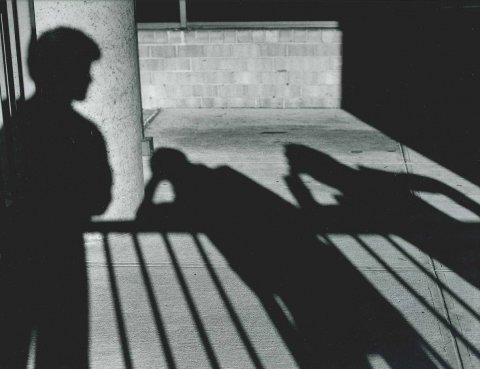
Is the Hiphop nation ambivalent about voting? To be more specific - Why are so many young men reluctant to take a position on this matter? Why is the refusal to participate in political activities THE way to address unfulfilled promises, false hope, etc? A long list of artists began as anti-voting MCs, and many eventually decided to participate. So thankfully, we are not just stuck in one place on this issue. And we have to give big shout outs to Nicki Minaj, Alicia Keys, Beyonce and Rapsody for taking a strong stance. But the question remains. Why is the right to vote, something that our ancestors relentlessly fought for at great sacrifice, the one right so many artists seem willing to abandon?
In order to understand more about this, we return to our 2010 interview with Cathy Cohen, Professor of Political Science at University of Chicago and author of the book: Democracy Remixed: Black Youth and the Future of American Politics. In her interview she asks: “How do Hiphop youth make political sense of an environment in which more black youth than ever before are in college at the same time that more black youth than ever before are in prison?”
Her passionate questioning identifies some of the burning questions.
The boundaries of what counts as politics is always in dispute. What is the political world? What is the politics of values, morals, and norms exhibited by and presented to Hiphop youth by their peers, by members of black communities, and by the larger society? What does it look like to attempt to win acceptance into the mainstream white society by adherence to dominant norms? How do we deal with the targeting of black youth and how does that effect how black youth think about themselves? Are some black leaders contributing to the continued pathologizing and exclusion of young black people, lessening their political status? Have such messages been internalized by black youth, promoting a disparaging view of themselves and other young people?
We can and should ask many questions and point out clear disparities wherever we can. This doesn’t make us weak. Knowledge makes us strong.
But let’s take a lesson from Rapsody.
I never really paid attention to politics or had a want to vote because I simply didn’t think my vote mattered nor did I have much trust in the process or establishment. President Obama changed that for me by giving me hope; hope that the power we possess as a unified people could overshadow the power of wealth by the few. (Rapsody 10/13/2016)
How do we account for the significant numbers of youth who refrain from participating in any form of political action?
